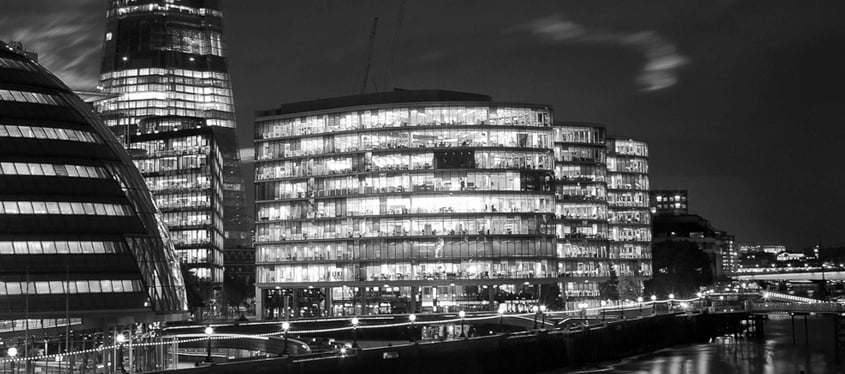A Cross to Bear: Eweida v British Airways Plc
Mrs Eweida, a Christian who works as a member of British Airways (BA) check-in staff has finally won her case at the European Court of Human Rights (ECHR).
As Mrs Eweida’s position is customer facing, she is required to wear a uniform. BA’s uniform policy prohibited the wearing of any visible item of adornment around the neck (such as jewellery). The only exceptions to this principal are religious items that have a ‘mandatory scriptural requirement’ and could not be concealed.
Mrs Eweida attended work wearing a silver cross on a necklace. As she refused to conceal it, she was sent home. Mrs Eweida rejected an offer of an alternative position that did not involve wearing a uniform. She remained absent from work from 20 September 2006 until BA introduced an amended uniform policy in February 2007, permitting staff to display a faith or charity symbol.
Mrs Eweida brought claims of direct and indirect discrimination to an Employment Tribunal. The Employment Tribunal at first instance rejected her claim of direct discrimination on the basis that displaying a cross was not a requirement of the Christian faith but instead a personal decision of Mrs Eweida. The Employment Tribunal did find that BA’s policy discriminated against Mrs Eweida on an indirect basis. An apparently neutral provision – the prohibition on wearing jewellery – placed Christians at a particular disadvantage when compared with non-Christians.
Mrs Eweida appealed to the Employment Appeal Tribunal which upheld both of the Tribunal’s findings. The case has now found its way to the ECHR after the Higher Courts had considered it and rejected Mrs Eweida’s arguments.
The ECHR has decided that manifesting one’s religious beliefs if a foundation stone of an individual’s human rights. By preventing Mrs Eweida from doing so, the ECHR held that BA had not struck a fair balance between Mrs Eweida’s religious beliefs and its wish to protect its corporate image.
As such, it found that BA had violated Mrs Eweida’s rights contrary to Article 9 of the European Convention on Human Rights.
The Judgment could have far reaching implications for employers who will have to, where reasonable; accommodate worker’s desires to manifest their religious beliefs.
David Cameron has indicated that he would change the law to allow people to wear religious symbols at work when he was asked about the Eweida case during Prime Minister’s Questions. He has now come out in support of the Judgment of the ECHR in this case.
The task for the Judiciary will be to decide where the line is to be drawn between an employee’s rights to act on their religious convictions and an employer’s discretion as to how it operates workplace policies.







